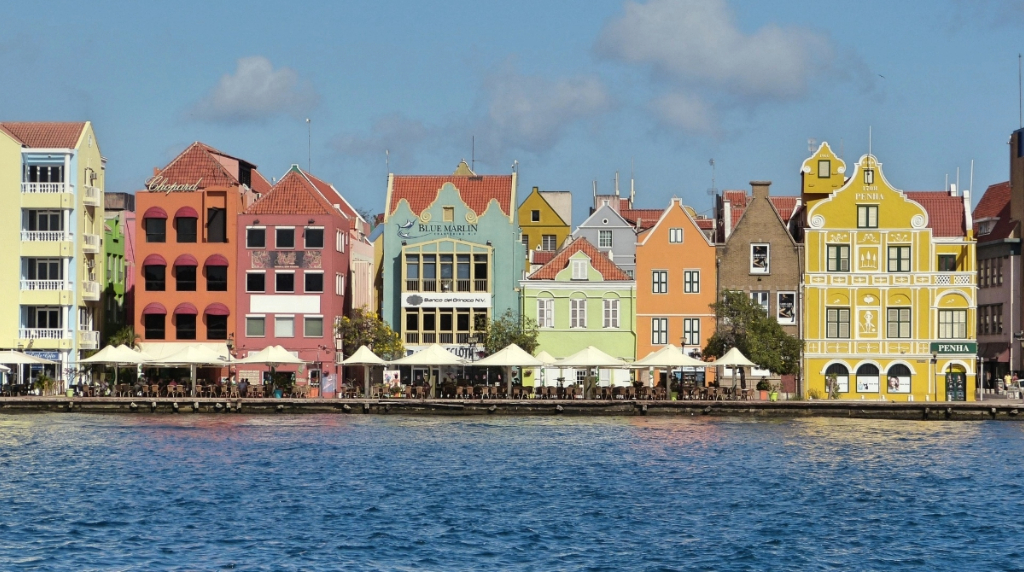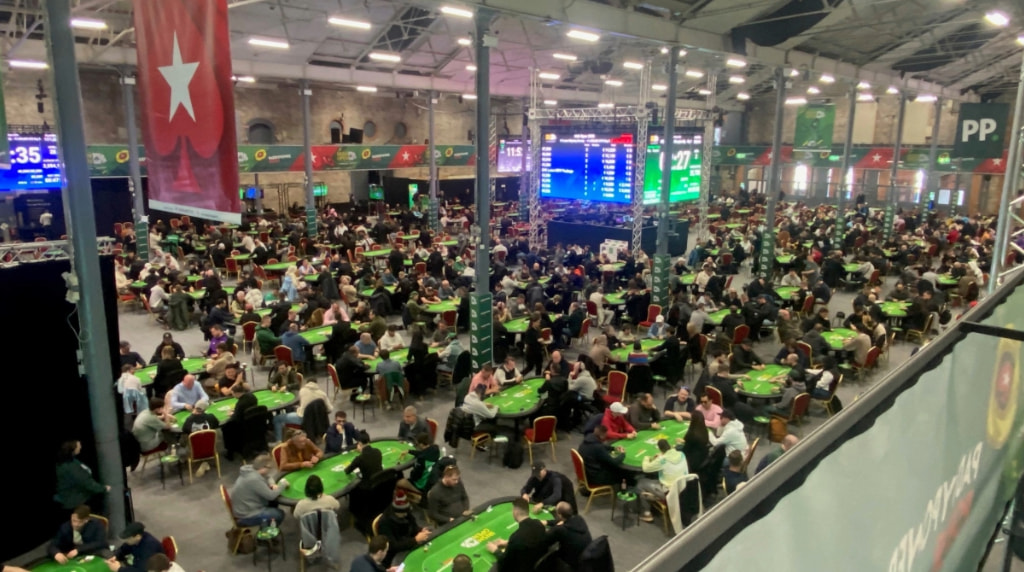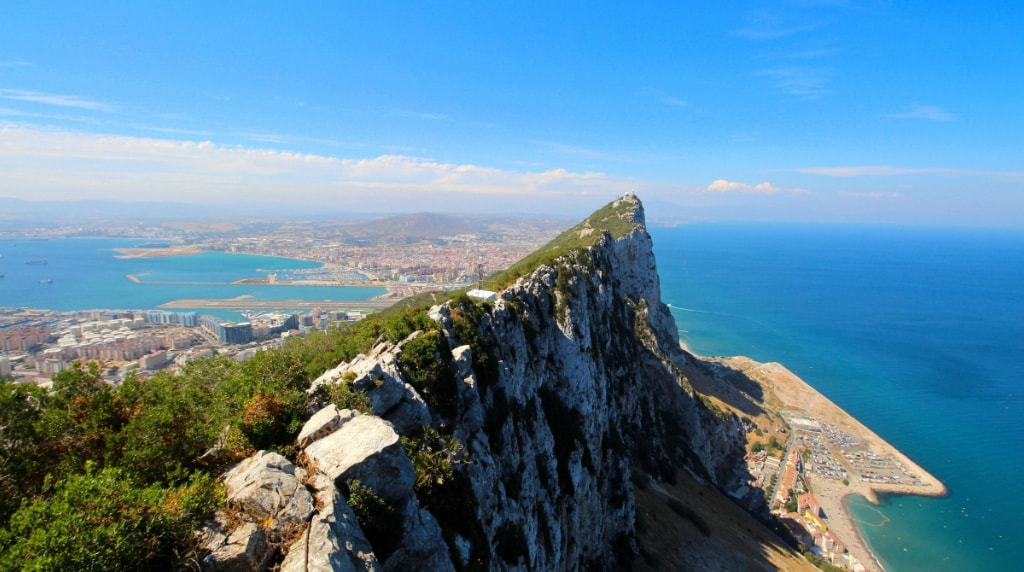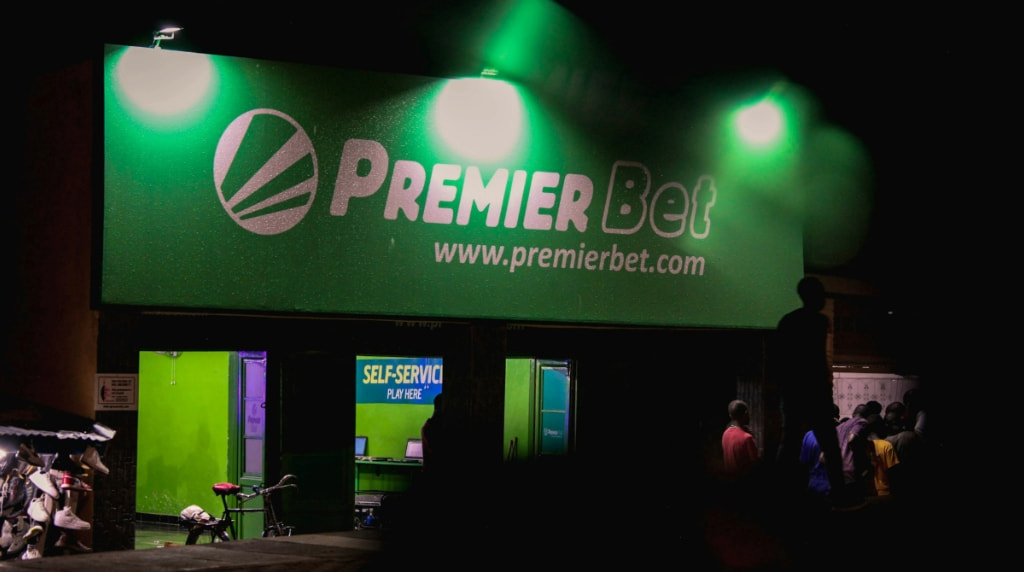Curaçao Gambling Licence Regulator Facing Corruption Claims
Most online casinos are licensed, and one of the leading organisations that hand out gambling licenses is the Curaçao Gaming Control Board. While it’s provided licenses for many well-known casino sites, it’s not without its problems, as it’s been linked to corruption and other unwelcome charges.

The Curaçao Gaming Control Board faces serious accusations of unlawful activites. © patrick_worldwide, Pixabay
Fraud and Money Laundering – Among the Accusations
It’s widely known that gambling sites need to be licensed in order to operate legally. The organisations that hand out licenses, such as the Curaçao Gaming Control Board (GCB), should be reliable, authentic and trustworthy.
However, the GCB’s licensing reform has been linked to corruption, fraud, and money laundering, of which there are supposedly multiple instances. Naturally, the GCB strongly denies all these claims.
The Source of the Claims
Luigi Fanyete, a politician belonging to Curaçao’s current opposition party, the Real Alternative Party, made the accusations against the GCB. On 25 November, he filed a report with the attorney general’s office.
In his report, he claimed that the GCB had been issuing gambling licenses without a legal basis. This practice has resulted in financial losses for the GCB, while also enabling people to access potentially unsafe gambling sites.
Back in July 2022, the National Ordinance for Games of Chance was announced. This was to be a new regulatory framework for Curaçao’s gambling licensing process and was meant to launch in Q4 2024.
However, the framework has yet to be launched as of the time of writing this. The managing director of the GCB, Cedric Pietersz, blamed the delay on a large volume of gambling license applications.
The increase in application numbers came about because in September 2023, all gambling site operators with a Curaçao gambling license were required to reapply in order to keep their license.
Claims of the Licensing Process Being Corrupt
Fanyete made a number of accusations in his report. One of these concerns Javier Silvania, Curaçao’s finance minister. He has been accused by Fanyete of directly corrupting the country’s gambling licensing process by granting licenses without legal basis.
The GCB has refuted these claims, insisting that licenses cannot be obtained from individuals and can only be granted by the GCB. The organisation oversees all licensing matters with a team of advisors offering support.
It’s also maintained that the process for granting licenses to operators is comprehensive. All applicants undergo a series of thorough checks, including website analysis and a detailed review of business plans.
There have also been claims that the licensing process has enabled money laundering. Again, the GCB denies these claims, saying that all the fees operators pay go directly to a government bank account.
Since an operator’s money goes straight to a government account and not an account owned by the GCB, there is no scope for money laundering or embezzlement.
Another Issue to Address
As well as denying recent corruption allegations, the GCB wants to address claims regarding the bankruptcy ruling of BC Game, which has a Curaçao gambling license. The case was brought up in November and concerns players not getting paid.
The Foundation for the Representation of Victims of Online Gaming filed the claim on behalf of players who hadn’t received their winnings. The GCB has responded by saying that BC Game alone is responsible for dealing with complaints.
According to the new licensing framework, the National Ordinance for Games of Chance, Alternate Dispute Resolution will become mandatory. This is to ensure that more issues are dealt with independently on a case-by-case basis.
Alternate Dispute Resolution involves a range of methods of resolving issues outside of court, including negotiation, arbitration and mediation. The method used will depend on the nature and circumstances of the issue in question.
The GCB has declined to offer further details on the ongoing BC Game case. It did, however, state that the operator’s bankruptcy ruling was administrative and didn’t have anything to do with insolvency.
It said it was working with the operator to ensure that appropriate regulatory measures were put in place and that all affected players would receive their money in due course.
BlokDance, the company behind BC Game, has also faced a fine of €480,000 for offering gambling services in the Netherlands without a license. The GCB has said that it won’t be getting involved in the case.
This is because the GCB doesn’t have the jurisdiction to intervene in disputes in foreign countries. Instead, it allows the organisations involved to resolve matters and decide what will be done next.




